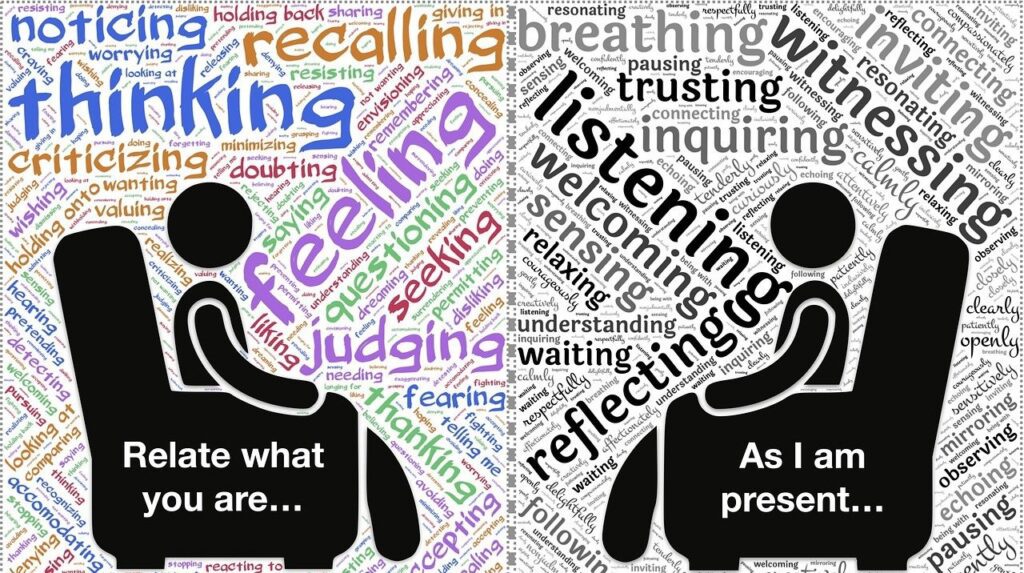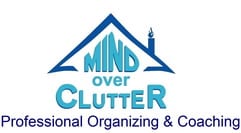Empower your life: Mastering boundaries for ultimate organization and balance
My guest blogger is Lise Fitzsimmons a Registered Psychotherapist. Visit her website lise fitzsimmons therapy.
In the chaotic whirlwind of our modern lives, where demands pull us in countless directions and obligations seem never-ending, it’s all too easy to feel overwhelmed and stretched thin. This is where the art of setting boundaries comes into play, serving as a powerful tool for regaining control, fostering balance, and reclaiming precious time and energy. Whether it’s in your personal relationships, work environment, or daily routines, establishing and maintaining healthy boundaries can be the key to achieving not only greater organization but also enhanced well-being and fulfillment. Enjoy this journey of self-discovery and empowerment as you delve into the profound importance of setting boundaries to transform your life.

What are boundaries:
- Boundaries are rules or guidelines that tell others how we want to be treated
- It’s what is acceptable and what is not
- It sets acceptable limits
Some potential reasons you have trouble setting boundaries:
- you fear being mean
- you fear being rude
- you’re a people pleaser
- you’re anxious about future interactions after a boundary has been set
- you feel powerless
- you get your value from helping others
- you have no clue where to start

Why you want to learn how to set boundaries:
- you’re afraid to say no and don’t want to disappoint people
- you don’t speak up when you want something or when you’re being mistreated
- you frequently feel angry, resentful or overwhelmed
- you don’t communicate your expectations to others
- you don’t make time for self-care
- you feel guilty when you set limits or do things for yourself
- you make commitments that you later regret
- you’re frequently overscheduled, rushed, or tired
- you do things out of obligation rather than because you want to
- you don’t spend enough quality time with people you care about
- you don’t have a strong sense of who you are and what your values, interests, and goals are
- you’re tuned in to how other people feel, but you don’t always know how you feel
- you accept blame for things you didn’t do or couldn’t control
- you enable others to be irresponsible by doing things for them that they can do for themselves
- Relationships work best when we’re clear about expectations and needs.
- Without boundaries, people take advantage of you because you haven’t set limits about how you want to be treated
The benefits of setting healthy boundaries:
- more compassion
- greater assertiveness
- your needs are met
- less anger and resentment
- time and energy to do things that nourish you and bring you joy
- less conflict in relationships
- improved communication
- greater self-esteem
- less anxiety and stress
- increased confidence
- feeling understood and accepted by friends and family
If you are feeling guilty about setting boundaries – here are some reminders:
- it’s healthy for you to have boundaries
- other people have boundaries you respect
- setting boundaries is a sign of a healthy relationship
- if boundaries ruin the relationship, it was on the cusp of ending anyway
Common ways people respond when you share your boundaries:
- pushback
- test your limits
- ignoring
- rationalizing and questioning
- defensiveness
- ghosting
- silent treatment
- acceptance
How to set a boundary:
- Step 1 – communicate your needs. Be clear. Be gracious.
- Step 2 – uphold what you communicate through your behaviour – follow through
- boundaries are worthless if you don’t provide feedback and consequences

Taking care of yourself looks like this:
- setting manageable expectations around caring and being present for others
- maintaining your mental health
- operating in your role as child instead of parent to your parents
- operating in your role as sibling instead of parent to your siblings
- asking for what you need
- spending holidays doing things that you enjoy
- giving people the space to care for themselves
- figuring out who you are separately from what you were made to believe about yourself
- talking about feelings
- allowing yourself to feel pleasure
- being gentle with yourself

Resources
- Glover Tawwab, Nedra. 2021. Set Boundaries, Find Peace
- Martin, Sharon.2021. The Better Boundaries Workbook
Setting boundaries is a crucial skill that enables individuals to establish limits and define their personal space, both in relationships and daily life. These boundaries serve as a protective shield, safeguarding mental and emotional well-being while promoting healthier interactions. By clearly articulating what is acceptable and what isn’t, setting boundaries fosters self-respect and respect from others, allowing individuals to prioritize their needs, reduce stress, and create a more organized and balanced existence. It is a fundamental tool for personal growth and improved quality of life.
Share your experiences in the comments about setting boundaries in your life.

Julie Stobbe is a Trained Professional Organizer and Lifestyle Organizing Coach who brings happiness to homes and organization to offices, coaching you virtually using Zoom. She has been working with clients since 2006 to provide customized organizing solutions to suit their individual needs and situations. She uses her love of teaching to reduce clutter, in your home, office, mind and time. She guides and supports you to be accountable for your time, to complete projects and to reach your goals. If you’re in a difficult transition Julie can coach you to break-free of emotional clutter constraining you from living life on your terms. Online courses are available to help instruct, coach and support your organizing projects. Get started by downloading Tips for Reorganizing 9 Rooms.
Contact her at julie@mindoverclutter.ca


Thank you Julie for sharing Liz Fitzgibbon’s blog. She shares much truth and guidance about the value of setting boundaries.
Setting boundaries is hard. When we do it sometimes we feel like we are closing a door on that person or opportunity. Usually we aren’t because we can schedule it for another time, direct them to a better solution or develop a better idea for ourselves. Setting boundaries gives us time to think, reflect and plan instead of responding too quickly.